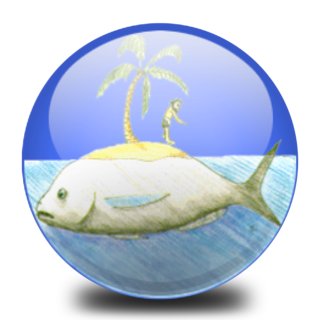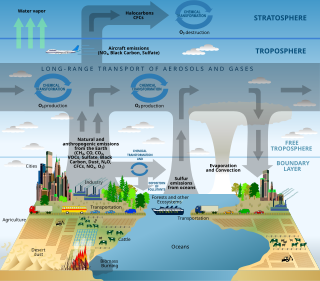 W
WAnalogy is a cognitive process of transferring information or meaning from a particular subject to another, or a linguistic expression corresponding to such a process. In a narrower sense, analogy is an inference or an argument from one particular to another particular, as opposed to deduction, induction, and abduction, in which at least one of the premises, or the conclusion, is general rather than particular in nature. The term analogy can also refer to the relation between the source and the target themselves, which is often a similarity, as in the biological notion of analogy.
 W
WIn economics, a model is a theoretical construct representing economic processes by a set of variables and a set of logical and/or quantitative relationships between them. The economic model is a simplified, often mathematical, framework designed to illustrate complex processes. Frequently, economic models posit structural parameters. A model may have various exogenous variables, and those variables may change to create various responses by economic variables. Methodological uses of models include investigation, theorizing, and fitting theories to the world.
 W
WEcopath with Ecosim (EwE) is a free and open source ecosystem modelling software suite, initially started at NOAA by Jeffrey Polovina, but has since primarily been developed at the formerly UBC Fisheries Centre of the University of British Columbia. In 2007, it was named as one of the ten biggest scientific breakthroughs in NOAA's 200-year history. The NOAA citation states that Ecopath "revolutionized scientists' ability worldwide to understand complex marine ecosystems". Behind this lie more than two decades of development work in association with Villy Christensen, Carl Walters, Daniel Pauly, and other fisheries scientists, followed with the provision of user support, training and co-development collaborations. Per January 2019 there are an estimated 8000+ users across academia, non-government organizations, industry and governments in 150+ countries.
 W
WA mental model is an explanation of someone's thought process about how something works in the real world. It is a representation of the surrounding world, the relationships between its various parts and a person's intuitive perception about his or her own acts and their consequences. Mental models can help shape behaviour and set an approach to solving problems and doing tasks.
 W
WModels of communication are conceptual models used to explain the human communication process. The first major model for communication was developed in 1948 by Claude Shannon and published with an introduction by Warren Weaver for Bell Laboratories. Following the basic concept, communication is the process of sending and receiving messages or transferring information from one part (sender) to another (receiver).
 W
WIn philosophy, a point of view is a specific attitude or manner through which a person thinks about something. This figurative usage of the expression dates back to 1760. In this meaning, the usage is synonymous with one of the meanings of the term perspective.
 W
WScientific modelling is a scientific activity, the aim of which is to make a particular part or feature of the world easier to understand, define, quantify, visualize, or simulate by referencing it to existing and usually commonly accepted knowledge. It requires selecting and identifying relevant aspects of a situation in the real world and then using different types of models for different aims, such as conceptual models to better understand, operational models to operationalize, mathematical models to quantify, and graphical models to visualize the subject.
 W
WSimilitude is a concept applicable to the testing of engineering models. A model is said to have similitude with the real application if the two share geometric similarity, kinematic similarity and dynamic similarity. Similarity and similitude are interchangeable in this context.
 W
WA thought experiment considers a hypothesis, theory, or principle for the purpose of thinking through its consequences.
 W
WA worldview or world-view is the fundamental cognitive orientation of an individual or society encompassing the whole of the individual's or society's knowledge and point of view. A worldview can include natural philosophy; fundamental, existential, and normative postulates; or themes, values, emotions, and ethics.